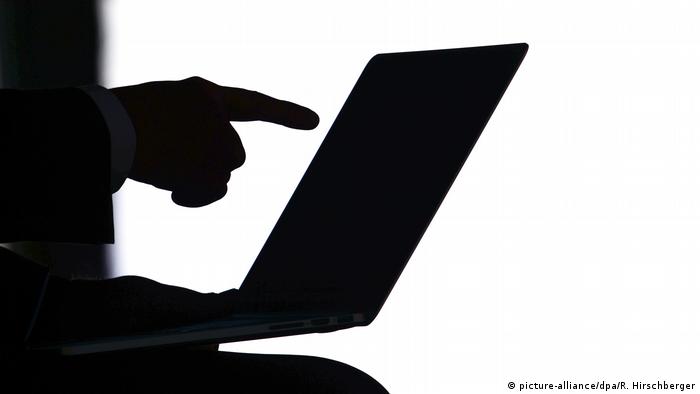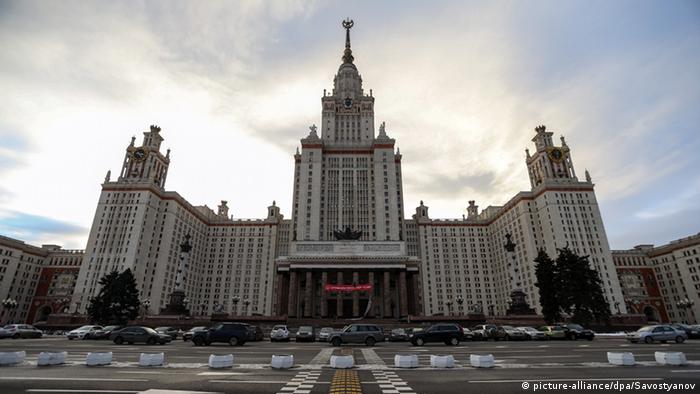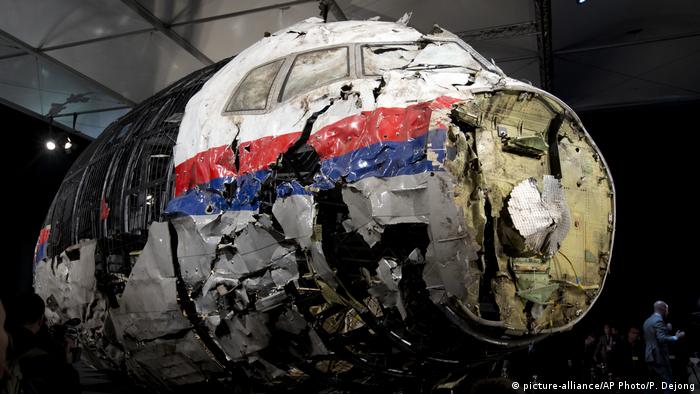The Dutch secret services MIVD and AIVD are not as well known as the CIA or MI6. And yet, they have succeeded in a spectacular action to transfer Russian hackers. What is your secret?

At the latest since the US presidential election of 2016, Russian hackers are in the world in their sights. They are considered to be well-versed and get it hard. Even more rarely it happens that such a Hacker will be caught red-handed. This is what happened in the Netherlands in April, what the Ministry of defence informed, however, in October the Public. Four alleged agents of Russian military intelligence GU (former GRU) seem to have tried, in the Wi-Fi network of the organization for the prohibition of chemical weapons (OPCW) in The Hague.
The exact Background is unknown, but the hacker’s attack was blocked a few weeks after the poisoning of the former Russian double agent Sergei Skripal in the UK. The OPCW was then involved in the investigation of the poison. The Dutch military intelligence service MIVD was able to intervene – with the help of British colleagues and has shown some of the Russians.
Spectacular Unmasking
Why is it that Holland is so successful in the defense of Russian cyber-attacks – and not, for example, the US-Americans with their incomparably greater resources? Because it was already the second spectacular discovery of Russian hackers in the Netherlands.
In January, a successful Operation of the home and abroad came to secret service, the AIVD to light in years ago a worldwide infamous Russian hacker group was unmasked. It comes to the so-called group APT29 or Cozy Bear, which is assigned to in the West, the Russian foreign intelligence service SWR. The Dutch intelligence officers to be able to provide evidence for the interference of hackers in the US presidential election, which Moscow today denies.
The Dutch newspaper De Volkskrant described the process thus: In the summer of 2014 AIVD was invaded by hackers in a computer network of the University of Moscow. There, it is said, the hacker group APT29 have carried out their operations. The Dutch hackers should have had a permission for offensive operations, to penetrate the “enemy’s networks and attack”. I managed to film them with the help of a hacked security camera members of the APT29 and to contribute to their identification. The Dutch intelligence officers have been able to observe the Russians more than a year, and informed their American colleagues.

The Lomonosov University in Moscow – there should have been operated on
Record number of cyber attacks
Counter-espionage is not a new task for the secret services of the Netherlands. What is new is that such a case was made as in the case of the OPCW public. To call a spade a spade, and the General Public to denounce, be a new strategy of deterrence of Western powers in dealing with Russia, it is called in professional circles.
The Dutch defence Minister Ank Bijleveld-Schouten agreed to in a television broadcast in mid-October with the statement that their country was in a “cyber war” with Russia. You have goals, “more than ever, and victims of digital espionage” discovered, warned, or in the case of the cleaning of the networks helped, the MIVD annual report 2017. As a “serious and growing threat” to be called “mainly countries with large geopolitical ambitions”. Is apparently referring to Russia, although it is not mentioned clearly.
Wake-up call in 2007 in Estonia
The “Wake up call” for the low countries were attacks by Russian hackers on Estonia in 2007 and Georgia in 2008, wrote of the Dutch Brigadier General Paul Ducheine in an essay for the magazine “Militaire Spectator”. Ducheine know what he is talking about. The 53-Year-old is since 2015, the first Professor in the history of the country for cyber operations at the Netherlands defence Academy in Breda. “The cyber war has become a reality,” said Ducheine.
The Dutch government responded in 2011, the first national Cyber security strategy. Together with the British, who had such a strategy as early as 2009, counting to the pioneers within NATO. New structures were created, including the so-called Joint Sigint Cyber Unit (JSCU). The Name stands for a joint special unit of Dutch military secret service and foreign intelligence service. Your goal: the Interception of Radio and satellite communication, and cyber operations. In mid-June 2014, the special unit began its work. According to media reports, in the headquarters in Zoetermeer, near The Hague, around 350 employees are working.
Than three years ago, flight MH17 from Amsterdam towards Kuala Lumpur launched and the plane was shot down over the Ukraine, came to 298 people were killed – two-thirds of the victims were Dutch citizens. The Netherlands and Australia, Russia for the Downing of flight MH17 over Eastern Ukraine responsible. One can only speculate as to what impact this terrible event had on the actions of the Dutch intelligence agent, against a Russian Hacker.

The Netherlands and Australia, Russia for the Shoot down of the MH17 responsible
Universities as a cadre
Another key to the success of the Dutch intelligence services is apparently in training. In the cyber security strategy, it means that they wanted to hire professionals, and to develop their skills. The Dutch universities have become in a few years to a cadre of Cyber experts. So there is in The Hague in 2014, a cyber security Academy (CSA), a consortium of three universities, including the prestigious Dutch University of Leiden. The Academy also offers continuing education for professionals.
The Netherlands is also investing in cyber security: The Dutch Ministry of defence has pulled out of the OPCW-incident Lessons. Defense Secretary Bijleveld-Schouten said that it will increase spending for cyber security.